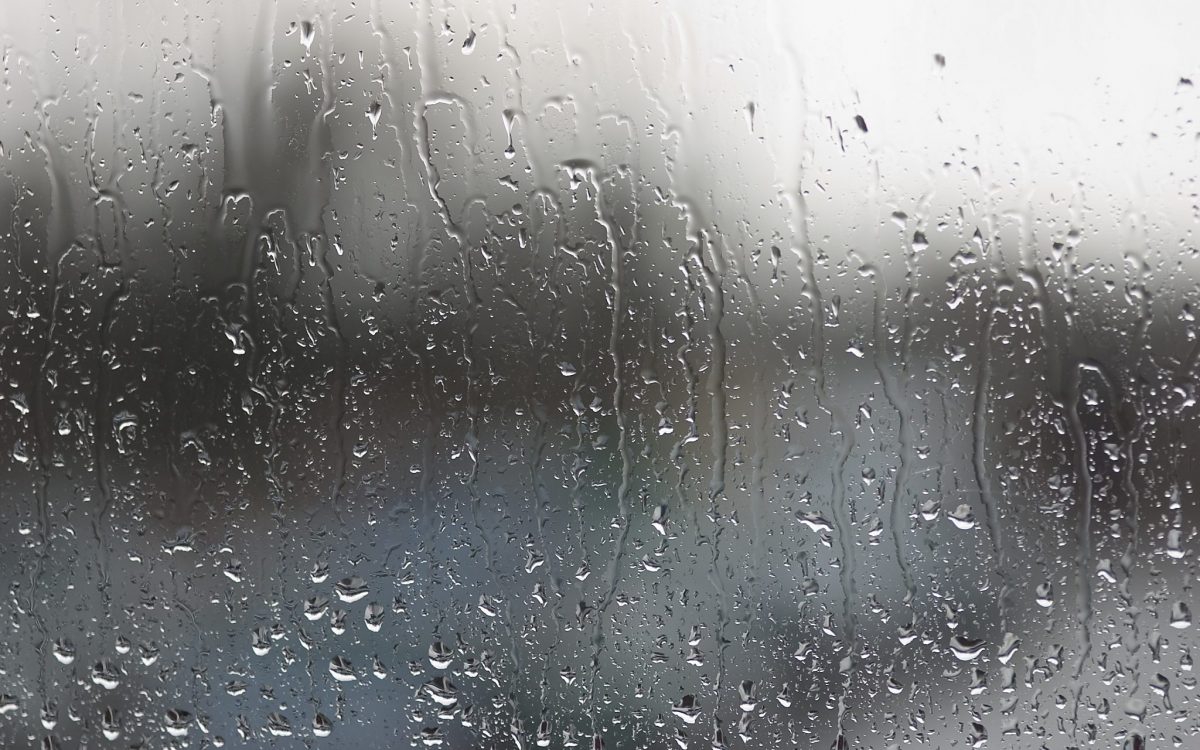In some states, the summer heat is no joke. It feels even worse if you live with humidity on a day-to-day basis. Believe it or not, the cold weather can have extra chilling effects on humid environments. Just like the summer, high levels of humidity can make low temperatures feel colder than it actually is. Why is this so? Here at Custom Cooling & Heating, Inc, we find it important that our customers understand how various environments and their humidity levels can affect the weather. We take an in-depth look at how freezing weather affects moisture.
Cold Weather: How it Encourages Moisture
Although the temperature can affect the amount of moisture in the air, this doesn’t mean that the cold weather has no control over it. In fact, as the temperature decreases by 20 degrees Fahrenheit, the humidity doubles. Because of this, some areas, depending on where you live, will experience heavy rain, sleet, or even snow due to all the existing moisture. Additionally, the preserved humidity during colder seasons can affect the texture and moisture content of specific materials such as wood or paper, drywall, dry food mixes, and concrete. So if you notice that the wood in your house feels wet or cold, it is a result of the cold weather mixed with moisture in the air.
Cold Weather and Humidity: Drying Effects
Many people suffer from dry skin in the winter. As we have previously mentioned, it can also go as far as interfering with the textures of our household items. The reason it may feel harder to keep your skin moisturized is due to all the moisture being pulled by the cold air. Colder climates will absorb moisture in any way it can, which can be pulled from our skin, thus why your skin may feel drier than ever and your lips may be easily chapped during the winter. Moisture can also be pulled from cement, paper, basically anything that can hold moisture in it. Furthermore, moisture can be pulled so much from these items that humidity can cause the materials to crack.
How Both Affect Your Home
The humidity can easily enter your home if can go as far as making your skin feel dry and affect your household items. With that being said, it is especially important to maintain levels of humidity in your home that are not too much for your comfort. When the level of humidity is too high in your home it can encourage dust to cling to surfaces more than usual and can attract airborne viruses and bacteria to thrive in the moisture.
Although, low levels of humidity may actually benefit the quality of your comfort within your home. If humidity levels are too level, you may face a completely different set of problems. Low moisture can cause dry and cracked skin, itchy eyes, and can even induce allergies.
How You Can Combat Issues of Moisture During the Winter
Properly Seal and Insulate
Properly sealing and insulating your home is one of the best ways to combat extremely dry air. If your home easily allows cold air to get in, moisture will be pulled from wherever it can. With that being said, you will want to check that your windows, doors, or any seals are secure and airtight to minimize the amount of air that can get in.
Use a Humidifier
Another way to combat these air conditions is to use a humidifier whenever possible. Humidifiers help with adjusting the levels of moisture in your home. If the air in your environment does not have a certain amount of water vapor, it will not be able to easily pull moisture from sources in your home.
Keep an Eye on Moisture Readings
It is best to keep an eye on where the moisture in your home stands so that you know how much you need to manage. You can use moisture meters to help you stay ahead of the damage induced by a combination of the winter weather and high levels of humidity.
Choose Custom Cooling & Heating for Maximum Comfort in Your Home
Allow us to teach you to help you enjoy optimum levels of comfort during all times of the year! Contact the professionals at Custom Cooling & Heating, Inc so we can assess your home and determine your HVAC needs.



